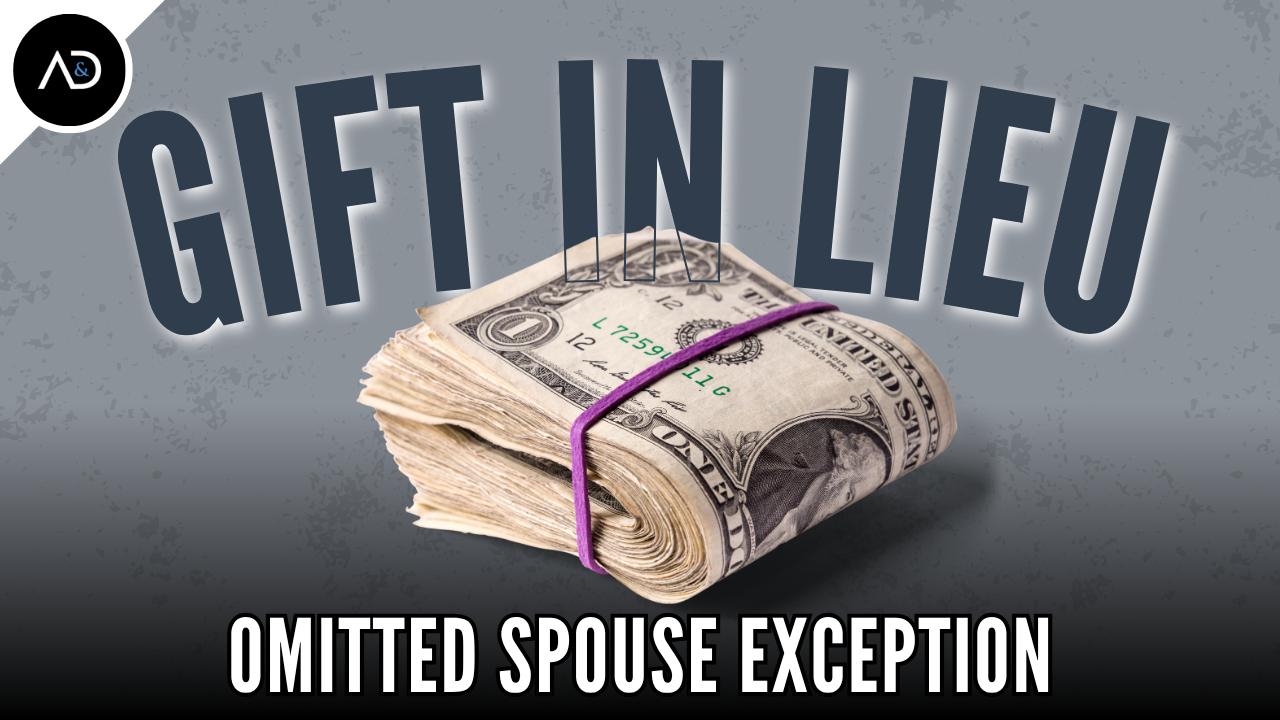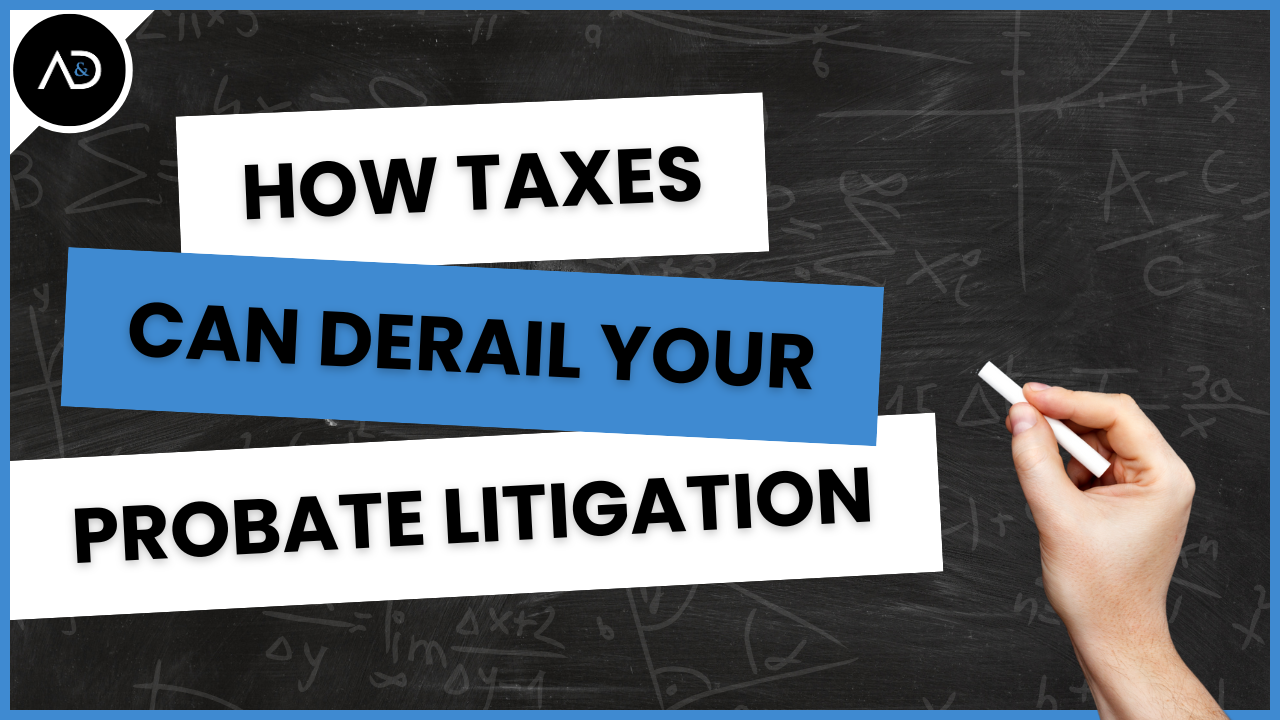
Inheriting real estate in California can be both a blessing and a challenge. Alongside the emotional aspects of receiving a loved one’s home or property, there are complex legal, financial, and tax considerations that can have long-term consequences. Below are the key issues every beneficiary should understand before taking title to inherited real property. Title […]









